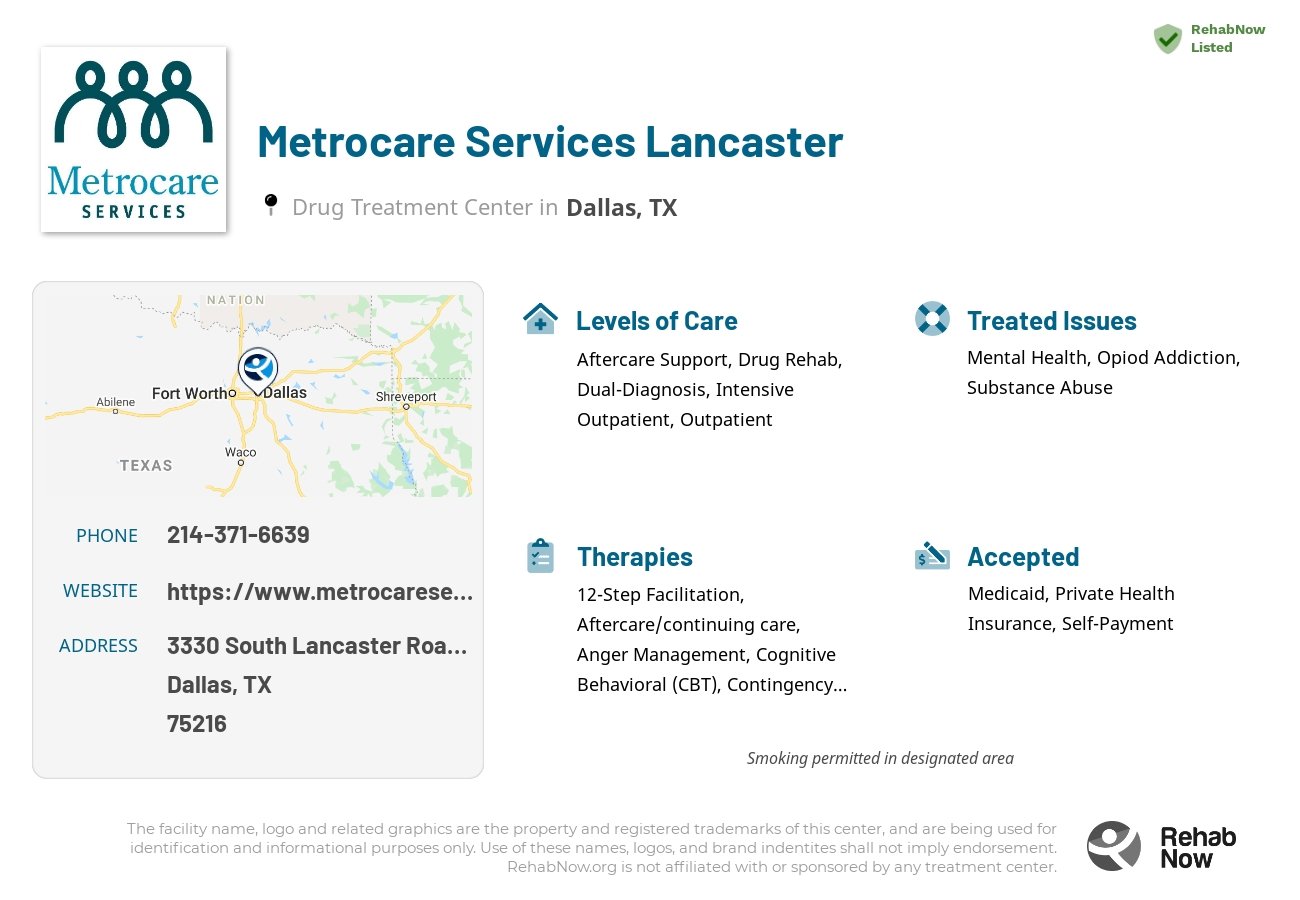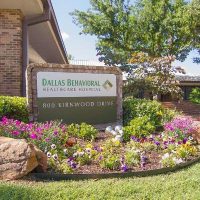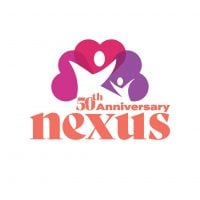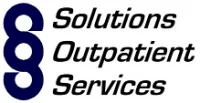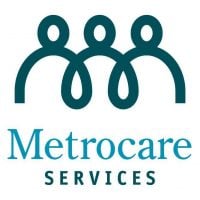
Metrocare Services at Lancaster-Kiest
Drug Rehab Center in Dallas, Texas
- Substance Abuse
- Opioid Addiction
- Mental Health
- Drug Addiction
- Alcoholism
Metrocare Services at Lancaster-Kiest in Dallas, Texas is an accredited addiction treatment facility that offers comprehensive mental health and substance abuse services, including outpatient treatment, detox, therapy, and medication-assisted treatment.
About Metrocare Services at Lancaster-Kiest in Texas
Metrocare Services at Lancaster-Kiest in Dallas, Texas is an addiction treatment facility that offers comprehensive mental health, drug addiction, alcohol abuse, and substance abuse services. Located in one of Dallas's most densely populated areas, this facility offers a range of outpatient levels of care and accepts private health insurance. With an experienced and highly qualified team of substance abuse counselors and clinicians, Metrocare Services at Lancaster-Kiest provides a healing and empowering environment where individuals can start their journey towards recovery.
At Metrocare Services at Lancaster-Kiest in Dallas, Texas, individuals are offered comprehensive substance abuse services in a safe and supportive environment. Counselors and clinicians provide specialized treatment tailored to each individual, including evidence-based outpatient treatment, individual and group therapy, medication-assisted treatment, case management, and family education and support. The facility also provides medically supervised detox for those who need it. Metrocare Services at Lancaster-Kiest is accredited by The Joint Commission and is licensed by the Texas Department of State Health Services as a Substance Abuse Treatment Facility.
Genders
Ages
Modality
Additional
Conditions and Issues Treated
Many people who struggle with opioid addiction need to attend specific programs like methadone , Suboxone or Vivitrol clinics.
These types of programs will provide the patient with legal, prescription medications that can help them overcome their cravings for illegal opioids like heroin or fentanyl . If the patient has a chronic condition like Hepatitis C, they must undergo treatment before they can begin taking these medications.
Levels of Care Offered
This center offers a variety of custom treatment tailored to individual recovery. Currently available are Outpatient, with additional therapies available as listed below.
An outpatient treatment program is set up to help with alcohol or drug addiction, or a co-occurring disorder. The patient must attend the Texas facility for their therapy and other programs but are able to return home each night. The frequency of mandatory attendance decreases after much of Metrocare Services at Lancaster-Kiest‘s program is complete.
Therapies & Programs
Individual Therapy is a critical component of addiction recovery. Therapists work with patients to identify the root of their addiction and figure out how to better handle the issues that led to them using drugs. Individual Therapy is the one-on-one session where people meet with their therapist. Individual therapy provides a safe space for people to open up and discuss personal and sensitive topics which they may not feel comfortable discussing in a group setting.
Family therapy will also help families realize that the addiction is not their fault. For many years, people blamed themselves for an addict’s behavior and felt that they had done something wrong. This is not the case. Addiction is a disease, and it can strike anyone, even if their life seems fine from the outside. It can bring a lot of shame to a family when they have an addict in their midst, but if everyone is open and honest with each other, then they can help everyone stay in recovery.
Group Therapy is utilized by drug treatment centers like Metrocare Services at Lancaster-Kiest to provide the recovering drug addict with a platform to talk about their feelings and experiences. It also provides for an opportunity to learn from other addicts who have successfully overcome their addiction.
Group Therapy is employed in lectures, seminars, or discussion groups (the latter two are typically conducted as “therapy groups”). It is recommended that all group members be recovering addicts for this type of therapy to work (though it does not exclude others with lived experience).
Trauma therapy is a clinical process that helps individuals deal with mental stress often caused by traumatic events. It is generally done for children, teenage victims of sexual assault, and war veterans. The therapist helps the person identify, understand and work through the problem. This is done with the help of talking about it in group or one-on-one counseling sessions. Therapists use relaxation, role-playing, art, and music to help the person open up about what is bothering them.
Cognitive behavioral therapy is also a popular service for individuals living with addiction. This type of supportive treatment uses both one-on-one counseling and group sessions to teach addicts how to identify thoughts, behaviors and emotions that might increase their risk of relapse.
These professionals can help addicts develop coping skills for managing stress, improving self-esteem and overcoming triggers. They might also use behavioral therapy to help addicts learn how to avoid cravings and warning signs that could lead them back into addiction.
Therapy can be used as a step-down from inpatient treatment or as the primary method of overcoming an addiction. No matter which option is best for the addict, they will teach important emotional coping techniques, which can make it easier for addicts to get through the tough days.
Training in improved life skills helps those recovering from addiction feel more capable of self-care. Metrocare Services at Lancaster-Kiest are daily skills that give the person the tools they need to survive.
The therapy covers practical activities like cooking, job hunting, social interaction, and money management, helping to fill in the knowledge gaps caused by addiction.
These life skills help the person self-manage their recovery and stay on track. It also reduces relapse risk as they gain confidence in their day-to-day abilities.
Payment Options Accepted
For specific insurance or payment methods please contact us.
Is your insurance accepted?
Ask an expert, call (888) 674-0062
Additional Details
Specifics, location, and helpful extra information.
Dallas, Texas 75216 Phone Number(214) 371-6639 Meta DetailsUpdated November 25, 2023
Staff Verified
What else do people call Metrocare Services at Lancaster-Kiest?
People have occasionally also searched for “Metrocare Services Lancaster in Texas”
Metrocare Services at Lancaster-Kiest Patient Reviews
There are no reviews yet. Be the first one to write one.
Dallas, Texas Addiction Information
Texas is one of the primary hubs for drug smuggling into the country. The border between Texas and Mexico is more than 1,000 miles long. More than 10 million residents use alcohol every year and more than 25% of those are minors. Alcohol and drug use has become so common in Texas that almost 15% of all deaths can be attributed to these substances.
The drug addiction problem in Dallas, Texas is severe. Around 7% of the population is addicted to drugs. Drug addiction and abuse can also have a big impact on the community, as it can lead to increased crime rates. From 2009-to 2013, the number of people admitted to rehab for heroin. According to recent statistics, over 1,000 drug-related deaths in Dallas in 2016 alone.
Treatment in Nearby Cities
- Mesquite, TX (12.4 mi.)
- Manvel, TX (240.1 mi.)
- Center Point, TX (232.0 mi.)
- North Richland Hills, TX (26.4 mi.)
- Ennis, TX (28.0 mi.)
Centers near Metrocare Services at Lancaster-Kiest


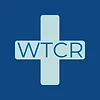
The facility name, logo and brand are the property and registered trademarks of Metrocare Services at Lancaster-Kiest, and are being used for identification and informational purposes only. Use of these names, logos and brands shall not imply endorsement. RehabNow.org is not affiliated with or sponsored by Metrocare Services at Lancaster-Kiest.

